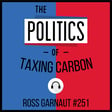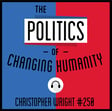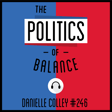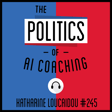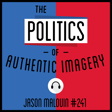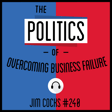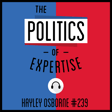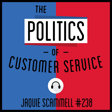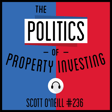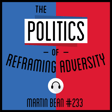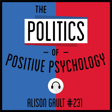
247: The Politics of Leading New Generations - Dr. Paige Williams
Traditional leadership tools are failing to meet the challenges and opportunities of the ecosystem we live and lead in now, according to my guest today. Leaders need a flexible and interconnected system of ideas and frameworks to successfully lead for high performance – and the good news is, her new book shows you how. In The Leaders Ecosystem: A Guide to Leading, Exceptionally (Grammar Factory $34.95), Dr Paige Williams provides a unique, practical framework for leaders to successfully lead themselves, others, and systems to feel well and perform well through uncertainty. Paige is also a keynote speaker, organisational psychologist, and Honorary Fellow at the University of Melbourne. A world leader in positive psychology, and the author of five books on leading well in modern times, Paige is obsessed with one question above all others: 'What does good look like?'. If you are leading now or are likely to become a future leader in your area of speciality or run a business, this is the podcast for you.
1. Do you each recall what you wanted to do for a job when you grew up? And how did your early career take shape to get you where you are now?.
2. What was your childhood career and life dream? Did it work out?
3. Does leading each generation always change and evolve? What is your view and an example please?
4. What is not working now in workplaces and why?
5. How has individualism impacted workplaces? Millennials and Gen Z are sometimes brushed with the general view it is all about them. Is that fair and does that makes them better leaders because they may be less likely to stick to the status quo?
6. How can a leader successfully disrupt cycles of underperformance and reset accountability?
7. Trust, psychological safety, and tapping into our creativity all seem to work well together to lead to overall success – how does an organization foster these to bring out the best in its people?
8. Your #1 business tool or hack (not a smartphone) and what can it do for you that helps?
9. Your biggest life lesson to date and why?
10. How do you define your version of success?
11. Takeaway: What is your final message for us on The Politics of Leading New Generations?
Connect further:
